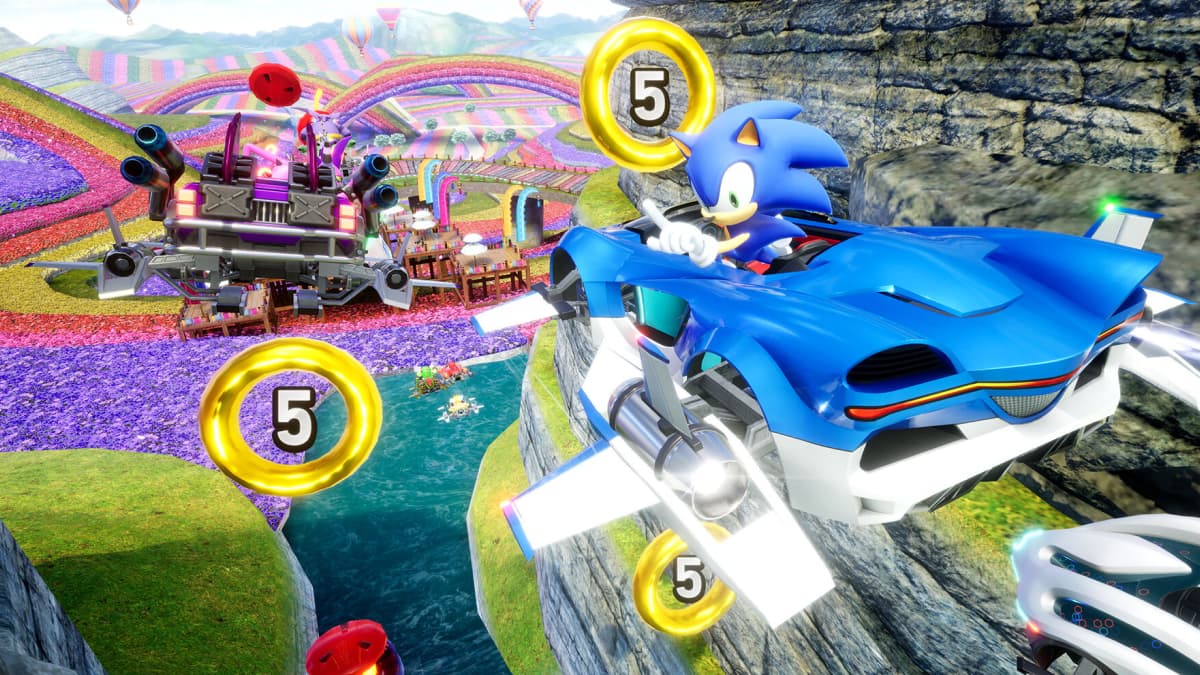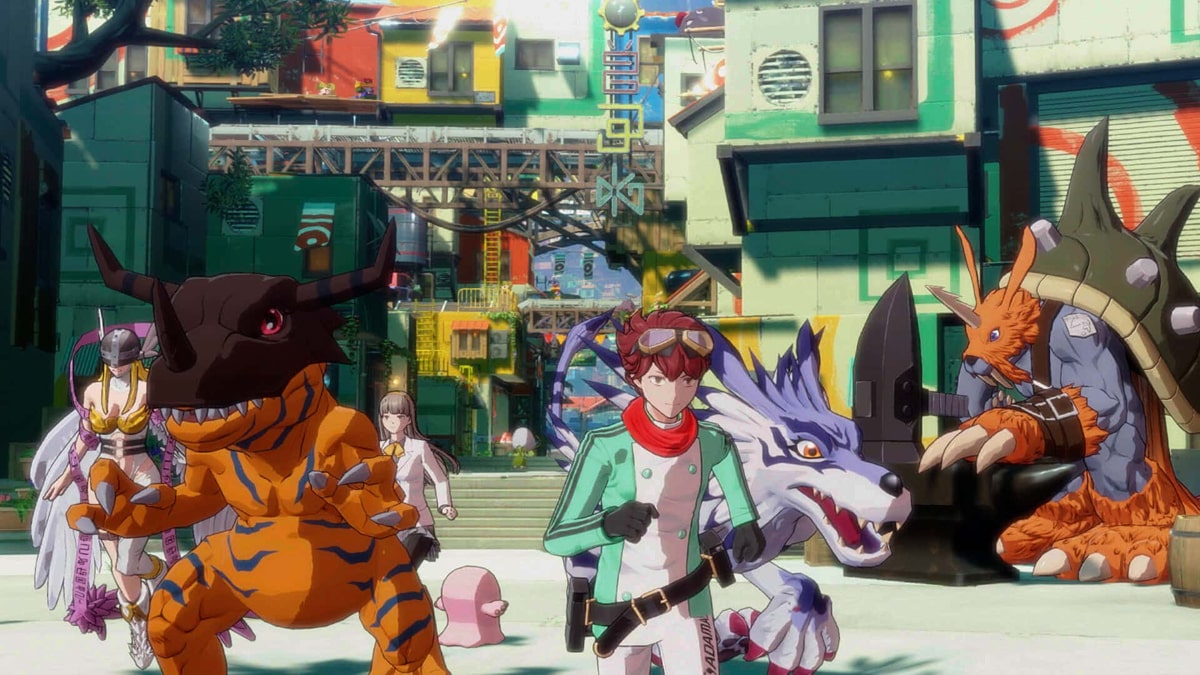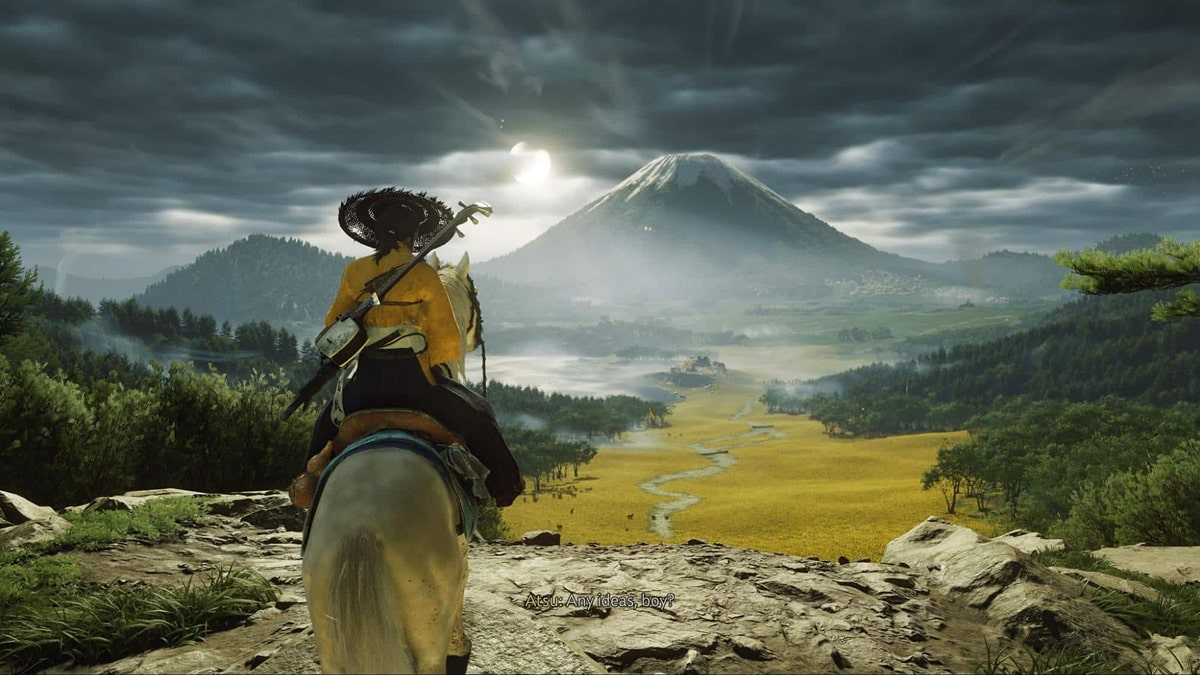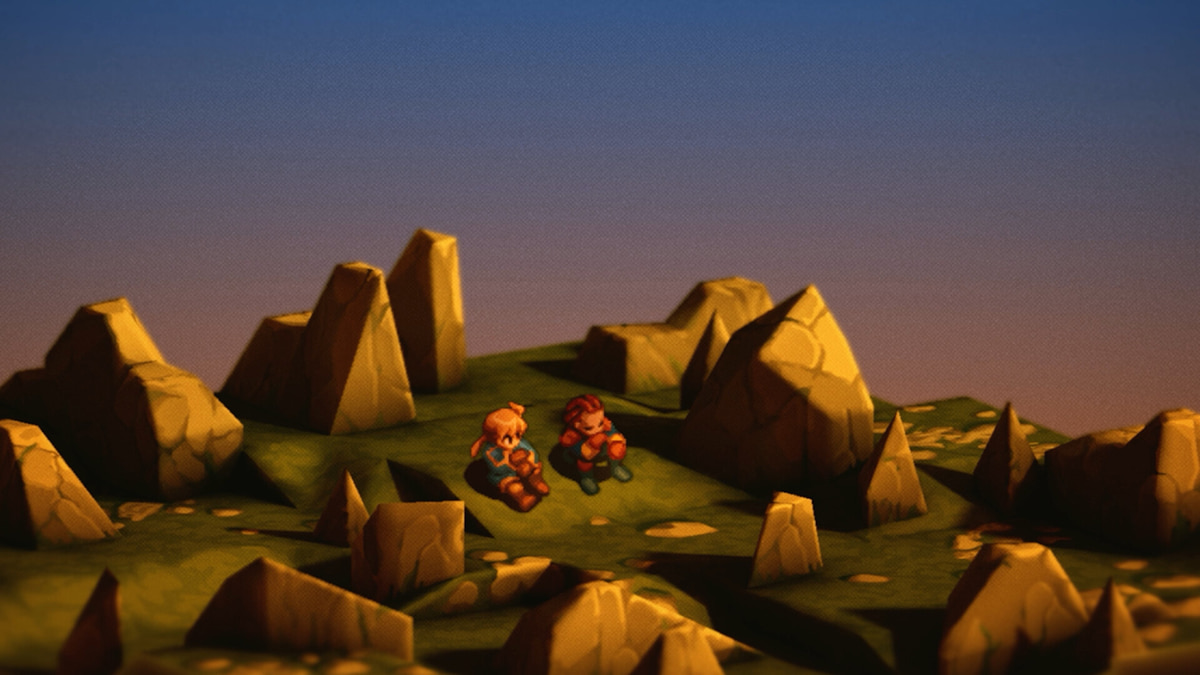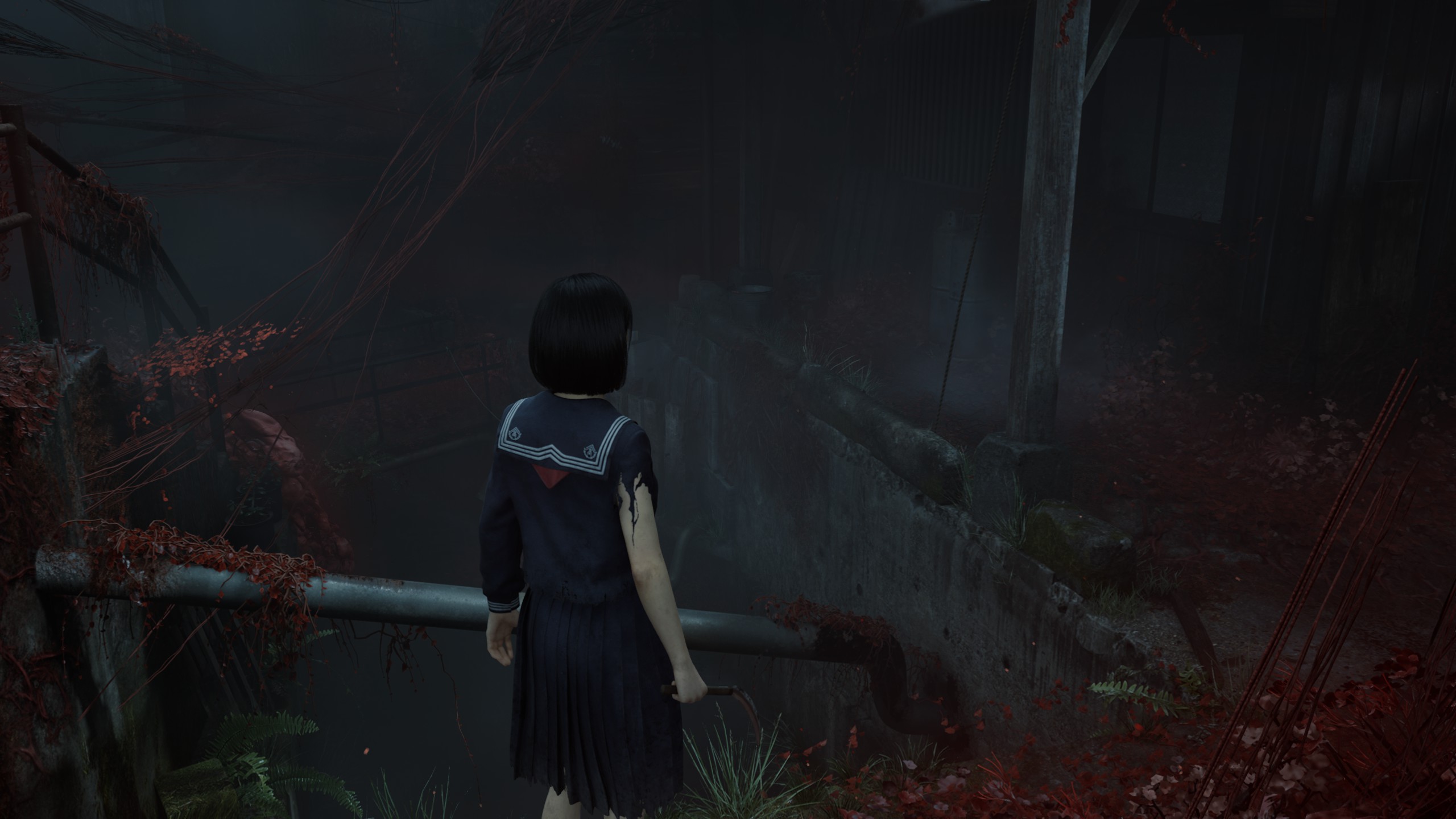You can trust VideoGamer. Our team of gaming experts spend hours testing and reviewing the latest games, to ensure you're reading the most comprehensive guide possible. Rest assured, all imagery and advice is unique and original. Check out how we test and review games here
Heavily bandaged, groggy and bewildered, you step from the elevator. The cold white floor contrasts with the pinky flesh of your naked torso. A guard, the kind you get in Bond movies and Metal Gear games, immediately greets you. Aiming his gun at your bald, plastered head, he barks orders while you attempt to calm him.
This guard is the last thing you wanted. About half an hour ago you awoke in a medical facility with no memory of who you are and a stinking headache. You discovered you have psychic powers, specifically telekinesis, and can move objects, fry computers and make clocks go insane. Basically, things are not how they should be.
Suddenly a pain strikes your head, like some crazed mythical dwarf intent on mining a precious ore from your brain. It grows more intense and you buckle, head in hands. The guard is threatening to shoot if you don’t stop it.
Then, inexplicably, some kind of sphere, like a fabric in space, rockets across the room and into the guard. He flies backwards, over the terminal he was sitting next to and lands head first on that same cold white floor you first stepped onto minutes before.
Blood oozes from his head. He is dead and you cannot believe it. Not only that, but you cannot believe what you have just done.
You have just learned the Psi Pulse Attack.
Unmistakably Free Radical Design, Second Sight is a kind of Metal Gear Solid 2/Scanners hybrid. Anyone who has played Timesplitters will recognise the stark character models, expressive facial movements, stark environment designs and over the top voice acting. What they won’t recognise is the refreshingly gripping techno-thriller storyline, driven by a human narrative, delivered with surprising emotion from the first person – Dr John Vattic.
Much has been said of Second Sight’s storyline. It is so refined that, to my mind, it is probably the finest recent example of a story being delivered in a game rather than wrapped around it.
Without imposing any obvious spoilers on your pricked interests – you play the aforementioned Dr John Vattic, who, you learn early on, is a psychic debunker who was brought in to advise a crack military team who are flying to Siberia to investigate a rogue scientist and his crazed psychic experiments.
Not inspirational stuff you might think. But it’s in the delivery of the story that Second Sight excels. Two time-threads are incorporated. After initially escaping the confines of the first floor of the Osiris Medical Facility, you go back in time to when you first meet the team you joined to investigate the psychic experiments. You then see the pre-experimentation Vattic.
You have hair and clothes and an inquisitive mind. The team then put you through the basic military training that medical school didn’t provide, which is a clever way of incorporating the normal tutorial into the narrative. You learn the basics of stealth, weapons firing and movement. All this is then put into use when the story shifts forward and you get out of the elevator, bald, bandaged and endowed with those fascinating psychic powers.
As you progress through the game, it seems that the overriding thrust is to return to a healthy looking state. You gain some clothes, your hair starts to grow back and, slowly but surely, your memory is filled by NPC chat; all the while Vattic is in God-mode, manipulating his environment with his mind. It makes for a better X-Files episode.
But, unfortunately, a good story does not a good game make. And this is where Second Sight falls down. The controls are fiddly at best. For this PC version, released nearly half a year after the console version, it seems the advantages of a mouse/keyboard combo were missed: the cursor travels across the screen at a snails pace, making moving the mouse to target new enemies a real chore. This then forces you to jerk the mouse halfway across your desk – inevitably placing your cursor miles away from your intended target.
Stealth is also frustrating, which isn’t aided by a camera that seems to be designed to reveal everything except the exact spot you want. Being a third-person game, the camera often reveals nothing of your surrounding environment when in stealth mode, which persistently involves putting your back against a wall and nothing more.
Hiding from enemies for five minutes isn’t my idea of fun. Using the environment to distract guards, in ways Free Radical didn’t imagine, is – and an opportunity is lost here. You can use your telekinesis power to throw a bin at a guard and that’s as adventurous as it gets until much later in the game. The physics are half the quality of Half-Life 2, the possibilities a far cry from, erm, Far Cry.
In fact, the poor stealth sections threaten to ruin the entire game. Many people will give up before these sections fade out in favour of more action oriented events brought on by a full compliment of psychic powers. The balance is the wrong way round.
The graphics are basic for the PC, reminiscent of the cut-scenes found in the TimeSplitters games. This, unfortunately, adds to the feeling that the game has been thrown across the console court without consideration of the PC opponent that awaits it. On the three consoles the aesthetics suits the game perfectly; on PC, post Half-Life 2/ Doom 3, they look two years old.
It’s also a fairly easy game. You psychic power bar quickly refills, so there is no problem using your powers to heal whenever you are in trouble. An average gamer will get a weekend worth of bin throwing and guard distracting, max, which, incidentally, feels just about right for a game that gets as close to a 200 page interactive sci-fi/thriller novel as any game I’ve seen.
There are many redeeming factors however, and most of them are found in the armed combat. The targeting system is refreshingly easy to get to grips with, once the camera allows you to see your enemies. Hold down the right mouse button and targets are isolated. Move the mouse to refine your aim and pick off enemies with headshots.
Free Radical has also done an excellent job with the sniper rifle, a difficult thing in a third person game. Once targets are found, hold down the right mouse button and an inset scope appears at the bottom right of your screen. A slow zoom allows precision shots and a satisfying thump is heard when the bullet enters flesh.
Then there are nice, personal, humane touches here and there. The first person narrative never grates, and can be fairly useful when you hit a brick wall. It often feels like the good Doctor isn’t just lending you his body for your every manipulating desire, but his mind also.
And, of course, there are CCTV cameras – a self-referential wink from Free Radical’s time at Rare and the legendary Goldeneye. Shooting them out brings on tear inducing nostalgia for the N64 landmark.
This brings me nicely back to that elevator, a trademark of Free Radical’s games. After coming to terms with the death of the guard, you check the computer terminal the poor sod was looking at when you interrupted him. It seems he was in the middle of a network chat with ‘Bunny’, his loving wife. The last recorded entries include the guard telling her he needed to pick up some groceries on his way home from work, Bunny telling him she misses and loves him and some discussion about working too hard. Then, as a result of your interjection, she starts to ask what’s wrong, where are you? Is everything OK? Stop it I’m worried!
Of course, everything is not OK. You have murdered her husband. It might not have been your fault, but you killed him nonetheless. Strangely, you feel remorse. He may have been a simple guard, an enemy among the hundreds you will encounter in the game, but, for the first time in a game – I felt my actions had some ramification outside the typical game mechanic.
It may have been for a virtual character I’ll never see, and something many gamers will have missed anyway, but it’s a lovely touch from Free Radical, and one that reminds you of the passion the Britsoft developer puts into every nook and cranny of their games.
For that minute alone, it made the frustrating but intriguing few hours I’d played up to that point worthwhile. How sad then that the basic game mechanic fails to live up to it.
Second Sight
- Platform(s): GameCube, PC, PlayStation 2, Xbox
- Genre(s): Action, Adventure, Third Person
/https://oimg.videogamer.com/images/8d74/second_sight_39.jpg)
/https://oimg.videogamer.com/images/c32a/second_sight_14.jpg)
/https://oimg.videogamer.com/images/a677/second_sight_41.jpg)
/https://oimg.videogamer.com/images/56c6/second_sight_25.jpg)

